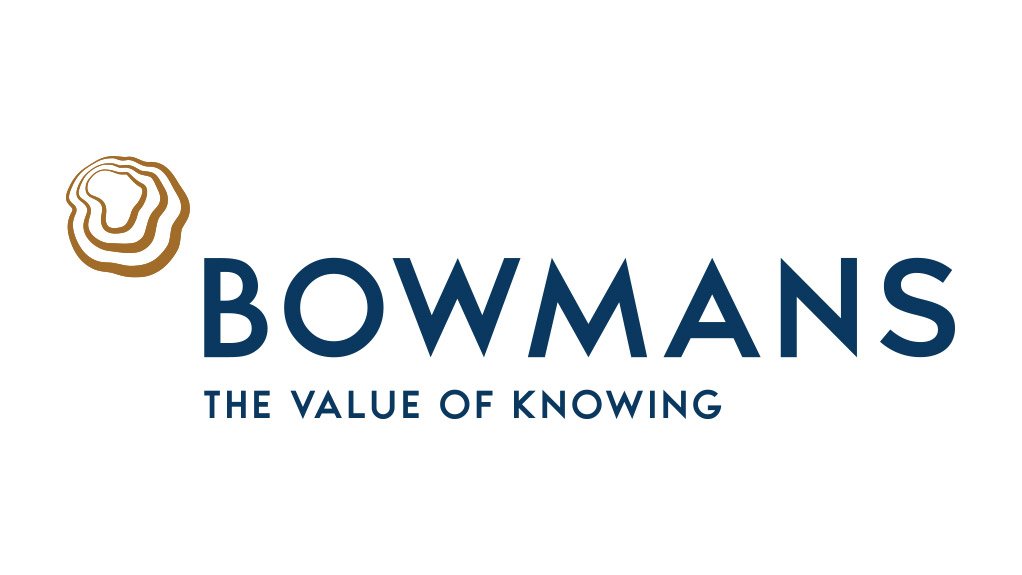The Court of Appeal, in its recent decision in JP Decaux Tanzania Ltd v JCDECAUX SA & Another (Civil Appeal No. 254 of 2021) [2024] TZCA 838 (30 August 2024), has advanced Tanzanian jurisprudence by clarifying the critical interplay between rights derived from company name registration and those arising from trademark registration.
The core issue was whether the prior incorporation and registration of a company name under the Companies Act could constitute infringement of an unregistered but internationally well-known trademark, which was later registered in the Tanzanian trademarks register.
Background
On 7 August 2014, a company was incorporated under the Companies Act under the name of JP Decaux Tanzania Ltd (Appellant). In December 2014, JC Decaux SA Ltd (First Respondent) lodged applications to register the ‘JC Decaux’ trademark in Tanzania. Both the Appellant and Respondent are competitors in the outdoor advertising business.
On 30 June 2016, JC Decaux Tanzania Ltd (Second Respondent), a subsidiary of the First Respondent, was registered in Tanzania. This was after the First Respondent acquired Continental Outdoor Company Ltd and changed its name.
In 2018, the Respondents initiated legal proceedings against the Appellant before the High Court of Tanzania, alleging trademark infringement. The High Court of Tanzania held in favour of the Respondents, finding that the name of JP Decaux was confusingly similar to ‘JC Decaux’ and concluded that infringement had occurred on the ground that JC Decaux was already a well-known trademark at the time of the incorporation and registration of JP Decaux Tanzania Ltd. Even though JC Decaux was registered subsequently, the Court found that infringement had occurred based on the merits of being a well-known mark.
Dissatisfied with the decision, the Appellant appealed to the Court of Appeal of Tanzania, arguing that the Appellant could not be held liable for infringing a trademark that had not yet been registered at the time of the Appellant’s incorporation.
Court of Appeal decision
Company names vs trademarks: The Court has clarified that the registration of a company name does not automatically confer an exclusive right to the use of that name as a trademark. It emphasised that the rights obtained through company incorporation under the Companies Act are distinct from the rights acquired by registering a trademark under the Trade and Service Marks Act (TSMA). The exclusive right to use a trade or service mark in Tanzania is acquired through formal trademark registration.
Exclusive right through registration: The Court reiterated the position that under the TSMA, the exclusive right to use a trademark belongs to the party that first files an application for registration. For a party to maintain a claim for trademark infringement, it must prove that it has already obtained a trademark registration or that it was the first to file an application for its registration.
Trademark law and the principle of territoriality: The Court emphasised and re-enforced the territoriality principle as far as trademark protection is concerned. In this regard, prior foreign trademark registrations of the Respondent were deemed irrelevant to the protection of the Respondent’s rights in this case.
No Infringement due to prior company registration: The Court found that the Appellant could not be held liable for infringement, as the registration of the company name ‘JP Decaux Tanzania Ltd’ occurred prior to the Respondents' trademark registration in Tanzania. The Court underscored that a trademark cannot be infringed if it was not already registered in the relevant jurisdiction at the time of the alleged infringement.
Comments
Despite the Court affirming the applicability of the Paris Convention to Tanzania, neither the parties nor the Court addressed the provisions of Article 8, concerning Trade Names, in relation to the issues in dispute.
Article 8 provides that ‘A trade name shall be protected in all the countries of the Union without the obligation of filing or registration, whether or not it forms part of a trademark’. In our considered opinion, this provision alone should have been sufficient for the Court to dismiss the appeal, particularly given the undisputed resemblance between JP Decaux and JC Decaux in these proceedings.
The Court limited its decision to the issues at hand. Its finding that the registration of a company name does not automatically grant the right to use it as a trademark is significant and sets clear boundaries between the registration of company or business names and the registration of trademarks, and their legal consequences.
Consequently, the question of whether the Respondent can pursue legal action against the Appellant for using the company name in the course of trade remains open and will likely need to be resolved through litigation between the parties.
Written by Francis Kamuzora, Consultant, and MohammedZameen Nazarali, Associate, Bowmans
EMAIL THIS ARTICLE SAVE THIS ARTICLE ARTICLE ENQUIRY
To subscribe email subscriptions@creamermedia.co.za or click here
To advertise email advertising@creamermedia.co.za or click here











